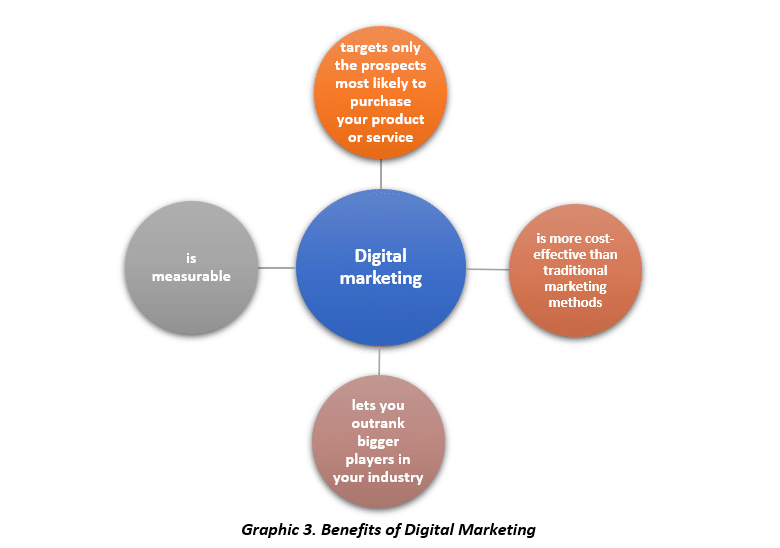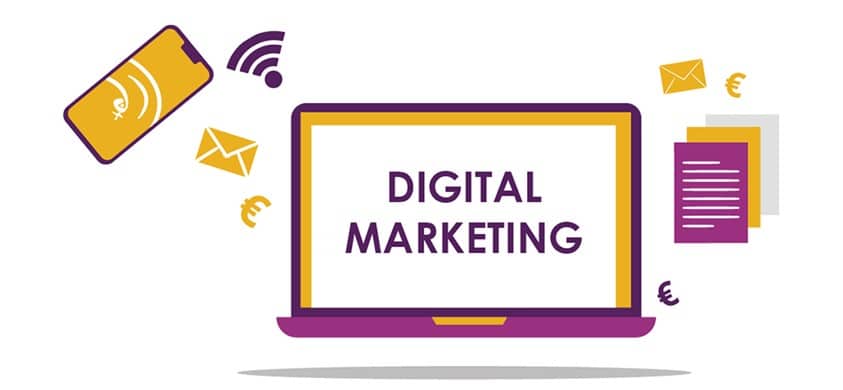On-line training for women e-entrepreneurs
-
Module 1 What is entrepreneurship8 Topics|1 Quiz
-
1.1. Introduction to entrepreneurship
-
1.2. Basic principles of entrepreneurship
-
1.3. Types of entrepreneurship
-
1.4. Differences between entrepreneurship and e-entrepreneurship
-
1.5. Entrepreneurial thinking
-
1.6. Entrepreneurial skills
-
1.7. Challenges and opportunities women face in entrepreneurship
-
1.8. Ethical aspects in entrepreneurship
-
1.1. Introduction to entrepreneurship
-
Module 2 From idea to business7 Topics|1 Quiz
-
Module 3 Digital Marketing10 Topics|1 Quiz
-
3.1 Marketing research and marketing plan
-
3.2 Digital Marketing
-
3.3 S.E.O. (Search Engine Optimization)
-
3.4 Social media marketing
-
3.5 PPC – Google AdWords
-
3.6 Web Analytics
-
3.7 Mail Marketing
-
3.8 Internet of Everything
-
3.9 How to build your website
-
3.10 Effectiveness of a digital marketing strategy
-
3.1 Marketing research and marketing plan
-
Module 4 Business Networking6 Topics|1 Quiz
-
Module 5 Fund-raising & financing6 Topics
-
Module 6 Presentation of an e-entrepreneurial project (pitch)3 Topics|1 Quiz
-
Annex
3.2 Digital Marketing
This module is designed for women who are new to the field of digital marketing and want to learn more about it, in order to empower their enterprise and make them competitive. First of all, before you decide that digital marketing is the right tool for you, you need to understand what it is, why it is different from traditional marketing, the skills required and how you can learn them.
Digital marketing refers to any marketing initiative that leverages online media and the internet and is a great option for any business. As we shift towards an internet-oriented world, it is quite crucial to have effective digital marketing strategies which can help you reach a wider audience.
Digital marketing is like any other type of marketing, it is a way to connect with and influence your potential customers. The real difference is, you connect with and influence those customers online. Digital marketing refers to advertising delivered through digital channels such as search engines, websites, social media, email, and mobile apps. Using these online media channels, digital marketing is the method by which enterprises endorse goods, services, and brands. Given that there are many aspects of digital marketing, it is crucial to implement all the channels for maximum efficiency and superior results.
Digital marketing can work for any enterprise in any industry. Regardless of what your enterprise sells, digital marketing still involves building out buyer personas to identify your audience’s needs and creating valuable online content. However, not all enterprises should implement a digital marketing strategy in the same way. Each enterprise has to find out the most effective and suitable marketing strategy according to its needs.
A digital marketer, also known as a digital marketing specialist, is the one who is primarily responsible for managing the digital marketing campaigns. While this may sound quite simple to do, there is a great deal that goes into it. Digital marketers are in charge of promoting brand awareness and generating new leads through all the digital channels that are at an enterprise’s disposal. The digital marketer usually focuses on a different key performance indicator for each channel, so they can properly measure the company’s performance across each one.
Digital marketing is the best way to reach customers. The reason is that it is so common that customers, when they want to learn about a brand or a service, they address to the internet. The majority of businesses have a website, and those who have not, they have at least a social media presence. Digital marketing should be the main focus of every business. It offers a consistent contact with the target audience, the most important aspect for an enterprise’s success. The more you take advantage of the benefits that digital marketing offers you, the more your enterprise will grow.

Digital marketing has many benefits for every business. As you can see above, a well-planned digital marketing campaign can reach more customers at a lower cost that the traditional marketing methods and allows you to target to people who are interested in your products or services. However, it also has some challenges and risks that you have to be aware. In order to implement effective digital marketing campaigns, you have to dedicate time to acquire the skills and knowledge needed. You have to find out the best tools and platforms, which are changing rapidly, and learn how you can use them to achieve the expected results. An aspect that you have to keep in mind is that any negative feedback from your customers is visible to both audience and your competitors. Negative feedback can harm your enterprise’s reputation, so you have to try constantly to make your customers be satisfied.



